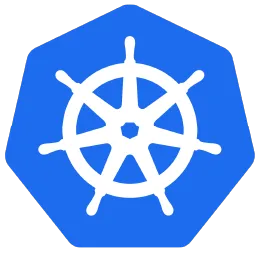CI/CD Learning Path
The CI/CD Learning Path caters to individuals of all proficiency levels in Continuous Integration and Continuous Deployment (CI/CD) practices. Beginning with version control thorugh Git, learners progress to mastering popular tools, delve into GitOps deployments, and streamlining CI/CD in the cloud. With hands-on experience opportunities, participants gain comprehensive skills in CI/CD methodologies and toolsets.
How long will it take for me to complete?
Topic based learning paths
Role based learning paths
FAQs
What is CI/CD?
CI/CD stands for Continuous Integration and Continuous Deployment. It is a set of practices and tools that enable developers to automatically build, test, and deploy software applications in a consistent and streamlined manner.
What is the difference between Continuous Integration and Continuous Deployment?
Continuous Integration (CI) focuses on automating the process of merging code changes from multiple developers into a shared repository and running automated tests to detect integration issues. Continuous Deployment (CD) takes CI a step further by automating the deployment of successfully tested code changes to production environments.
What are the benefits of implementing CI/CD?
CI/CD brings several benefits, including increased development speed, faster time to market, improved code quality, early bug detection, reduced manual errors, and easier collaboration among development teams.
What are some popular CI/CD tools?
Some popular CI/CD tools include Jenkins, GitLab CI/CD, CircleCI, Travis CI, TeamCity, and GitHub Actions. These tools provide automation capabilities for building, testing, and deploying applications.
How does CI/CD integrate with version control systems?
CI/CD tools integrate with version control systems, such as Git, to automatically trigger build and deployment processes whenever changes are pushed to the repository. This ensures that code changes are continuously tested and deployed.
What is the role of automated testing in CI/CD?
Automated testing is a crucial component of CI/CD. It includes unit tests, integration tests, and other types of automated tests that are executed as part of the CI/CD pipeline. These tests ensure the quality and reliability of the software before it is deployed.
Can CI/CD be used with containerized applications?
Yes, CI/CD is well-suited for containerized applications. Containers provide a consistent and reproducible environment for building, testing, and deploying applications, making it easier to integrate CI/CD pipelines into container-based workflows.
What are some common challenges in implementing CI/CD?
Some common challenges include managing complex deployment pipelines, ensuring compatibility across different environments, handling database migrations, maintaining good test coverage, and managing secrets and configurations securely.
Is CI/CD applicable only to cloud-based applications?
No, CI/CD can be applied to applications deployed in various environments, including on-premises, hybrid cloud, and multi-cloud environments. The principles of CI/CD can be adapted to different deployment scenarios.
What skills are important for implementing CI/CD?
Skills in version control systems (e.g., Git), scripting and automation (e.g., Bash, Python), knowledge of CI/CD tools, containerization (e.g., Docker), and infrastructure-as-code (e.g., Terraform) are valuable for successful implementation of CI/CD.







.svg)

.svg)







.svg)







